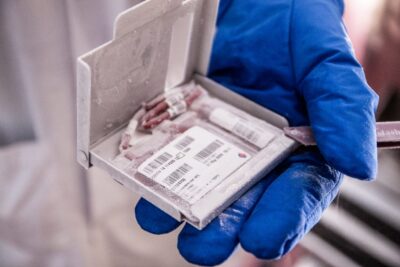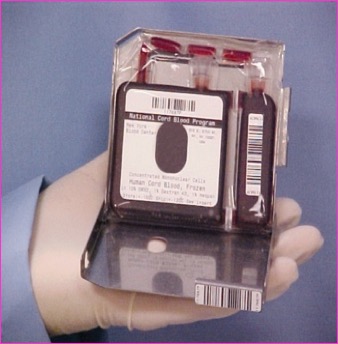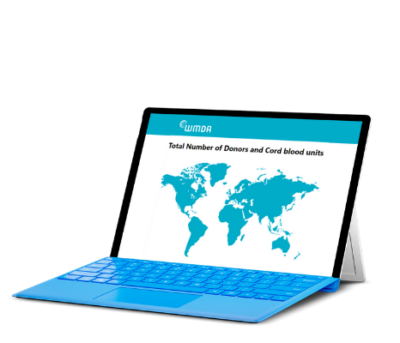Cord blood & other cell therapies
Understanding Cord Blood
Cord blood is the blood remaining in the umbilical cord and placenta after childbirth. It is rich in hematopoietic stem cells, which can develop into various types of blood cells. These stem cells have therapeutic value for treating both malignant and non-malignant blood disorders and immune diseases. The first allogeneic cord blood transplant was performed in 1988, and since then, the use of cord blood in transplant medicine has grown to one of the options for patients in need of a transplant.
How to Donate Cord Blood
The Importance of Cord Blood in Transplantation

Different Cord Blood Banking Models
Cord blood can be stored through various banking models:
-
Public Cord Blood Banks: These banks store cord blood units for use by any patient in need, making them a critical resource for patients without a matching adult donor.
-
Private Cord Blood Banks: These banks store cord blood exclusively for the child or family, typically for a fee.
-
Hybrid Cord Blood Banking: This model combines aspects of both public and private banking, allowing families to store cord blood for personal use while also making it available for public use.
-
Disease-Specific Banking: This model focuses on storing cord blood for biological siblings who may need a transplant due to specific medical conditions.

WMDA's Role in Cord Blood Transplantation
The World Marrow Donor Association (WMDA) plays a key role in global cord blood banking. Through its Search & Match Service, WMDA manages an inventory of over 800,000 cord blood units available for transplantation. This service helps match patients with suitable cord blood units for life-saving transplants.
WMDA ensures the safety of both patients and donors by:
-
Certifying cord blood banks and registries that adhere to high standards.
-
Evaluating adverse events to ensure quick communication and effective management.
-
Conducting regular expert meetings to exchange best practices and improve the quality of care.
-
Ensuring compliance with AABB and NetCord-FACT standards.

The Future of Cord Blood
Researchers are exploring the potential of cord blood stem cells for treating a variety of conditions beyond blood and immune disorders. Studies are underway to investigate their use in treating conditions like cerebral palsy, autism, and type 1 diabetes. While these studies are in early stages, the potential for cord blood to help treat a wide range of health issues is promising.
